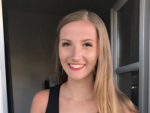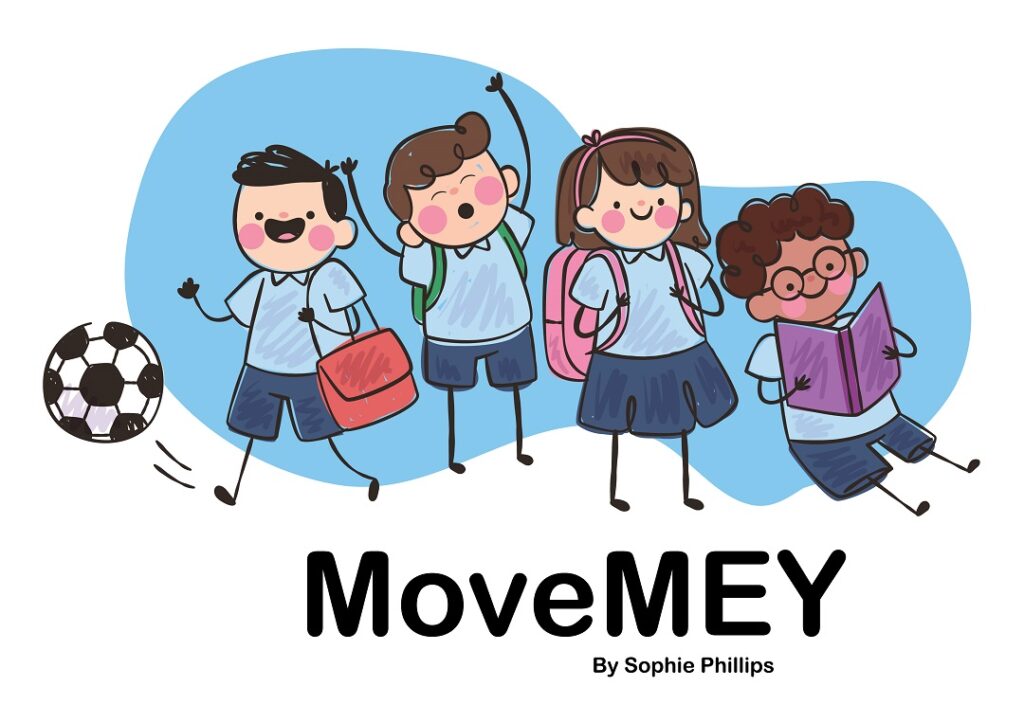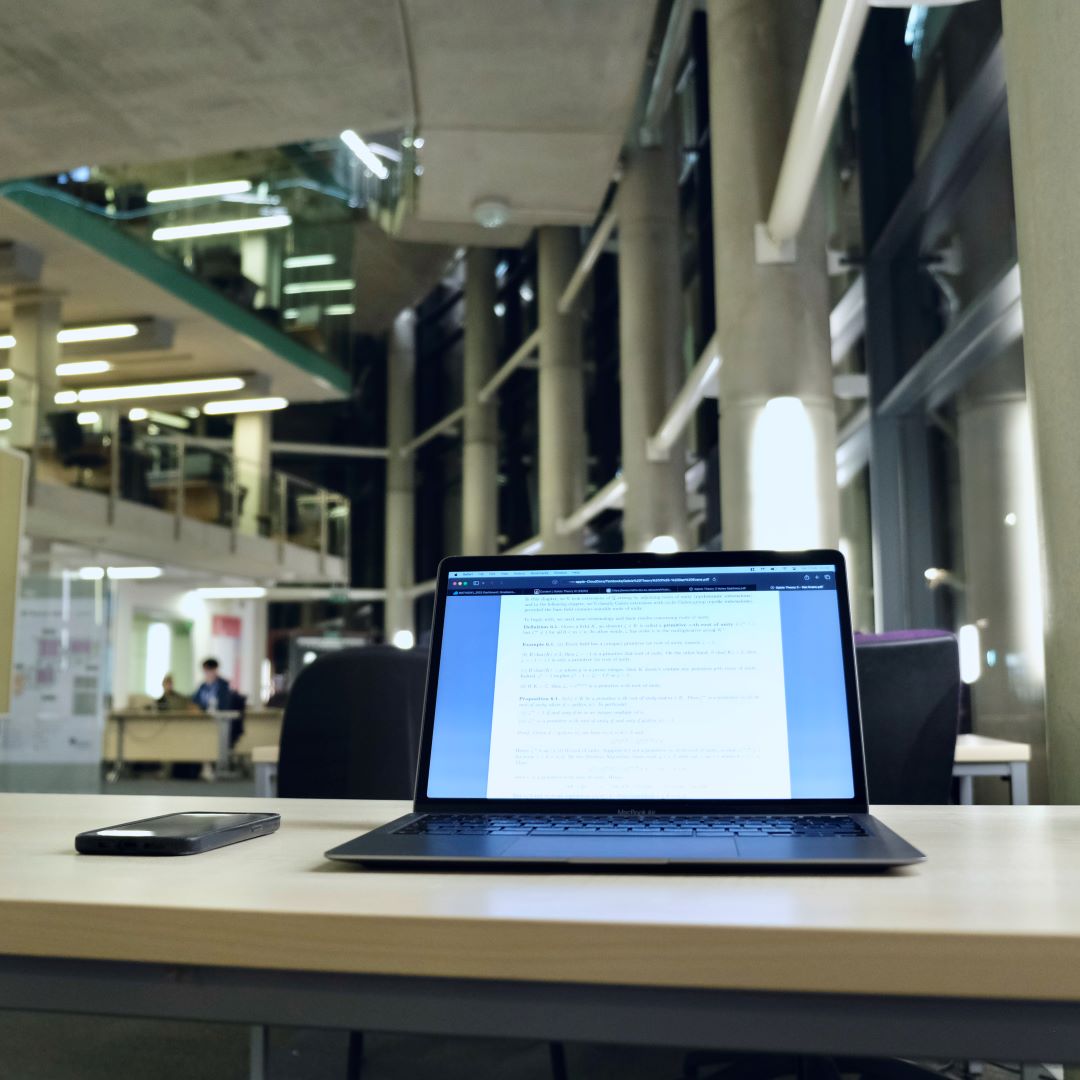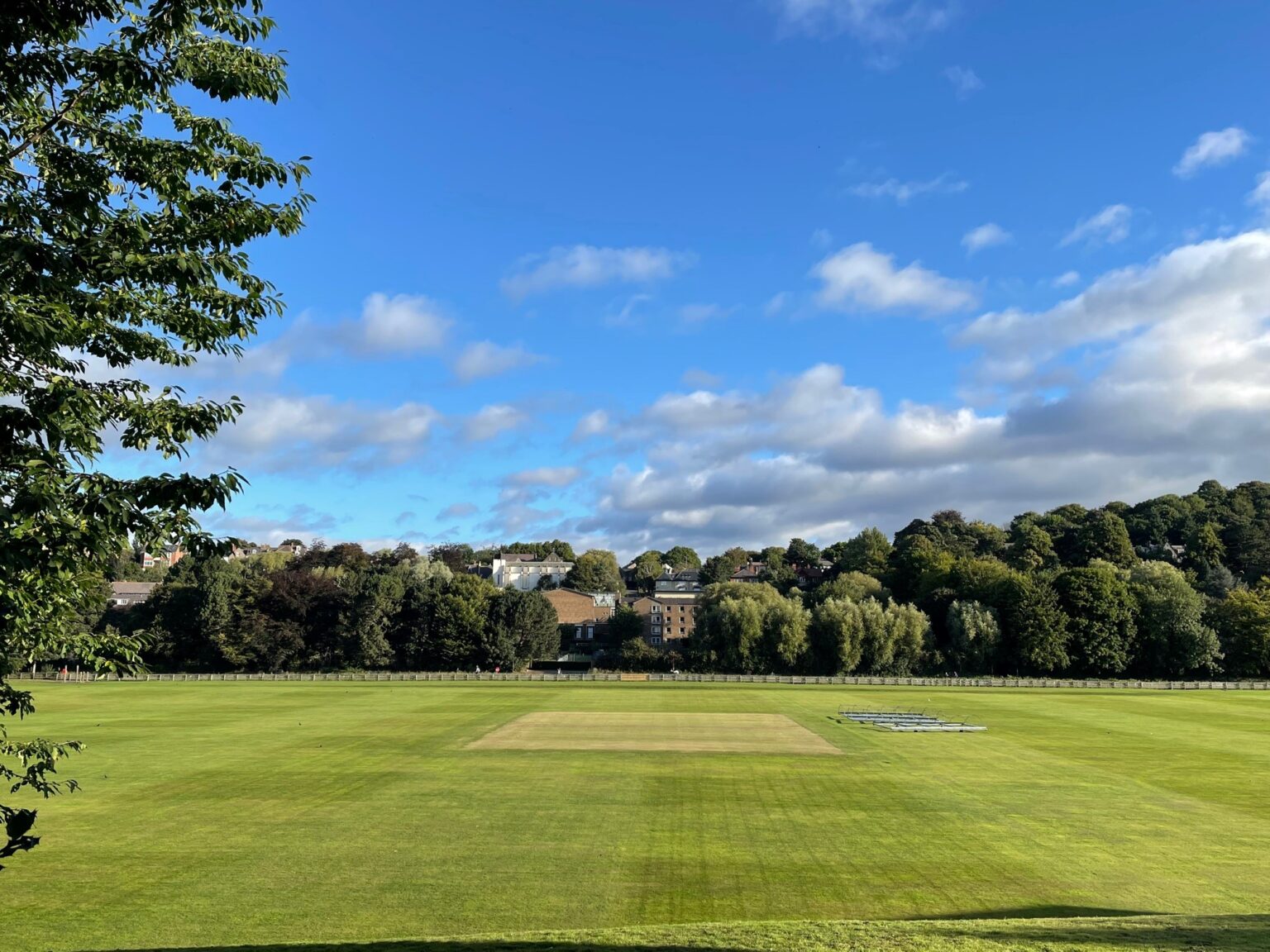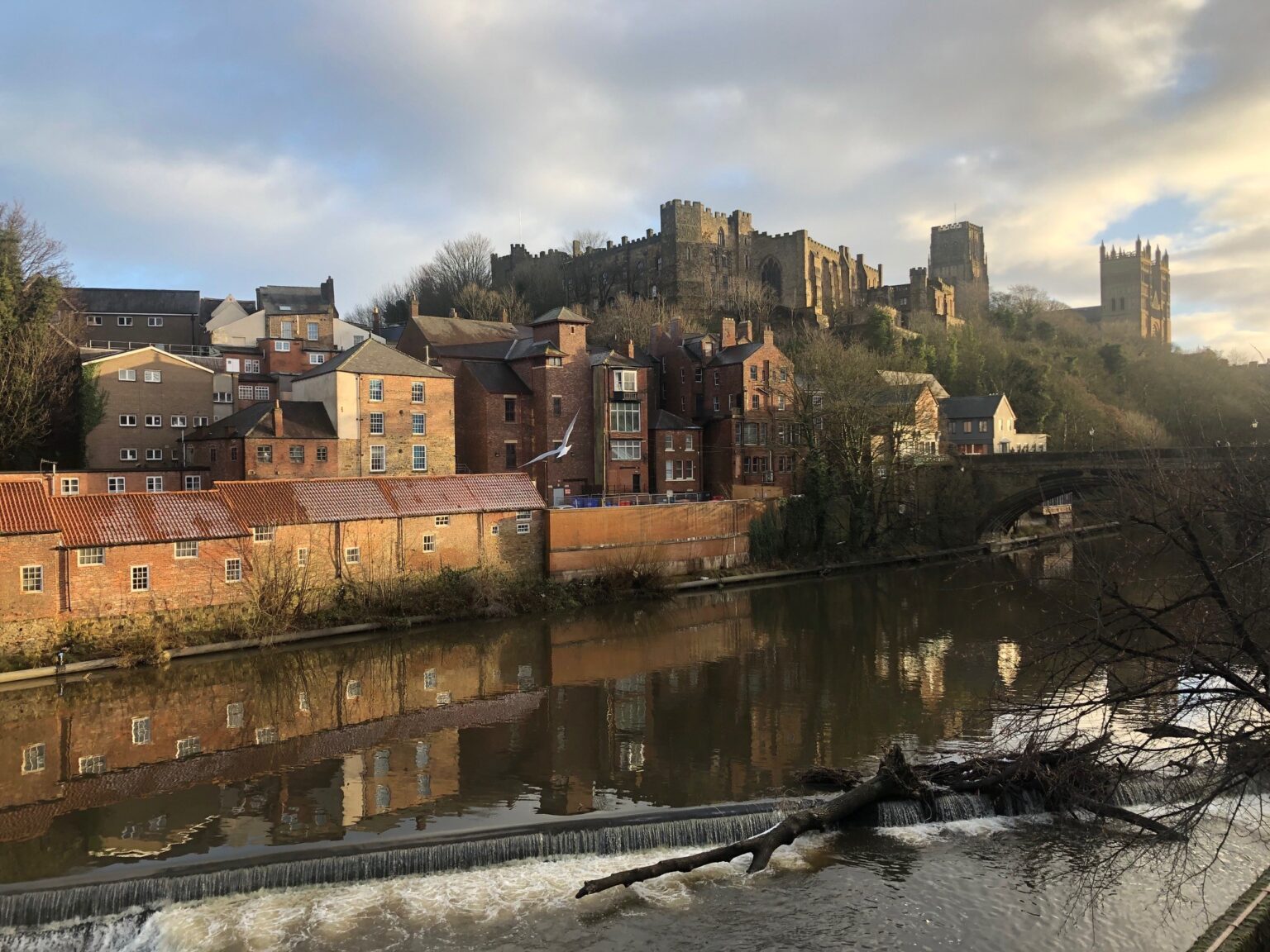Physical activity, sedentary behaviour, and sleep are important for child health, and understanding these behaviours in young children is important for public health concerns such as obesity prevention. ‘Movement behaviour’ includes the behaviours of physical activity, sedentary behaviour (behaviour when a child is sitting, lying, or reclining), and sleep. These behaviours are important for the health and development of young children, however, the ability to measure these behaviours using appropriate measurement tools is important for research and practice, to further our understanding in this area. My PhD research has focused on assessing different options for the measurement of movement behaviour of pre-school aged children (children aged 3 or 4 years old).
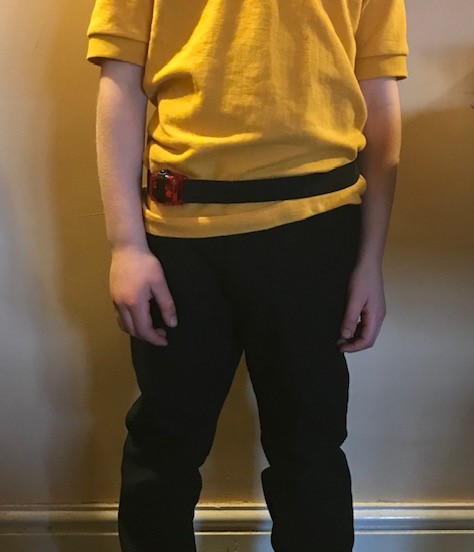
During my PhD I have conducted systematic reviews (extensive searches and collating the available research on a topic) on the quality of measurement tools used to assess movement behaviour of pre-school aged children, to determine what tools exist and for what behaviours they are useful (and accurate!) at measuring. I have also conducted focus groups with parents and carers of pre-school aged children, where we engaged in conversations on the acceptability and feasibility of a range of measurement tools used to assess movement behaviour of pre-school children. Through this, we were able to develop a series of practical recommendations on the measurement of movement behaviours in young children, that were drawn directly from the views of parents and carers. Finally, I co-developed (with parents and carers of pre-school children and topic expert researchers) and conducted a preliminary evaluation of a novel measurement tool called ‘Movement Measurement in the Early Years (MoveMEY)’, which can be used to assess all movement behaviours of pre-school children, and would be suitable for use at scale and to determine adherence to recent movement behaviour guidelines for children of this age.

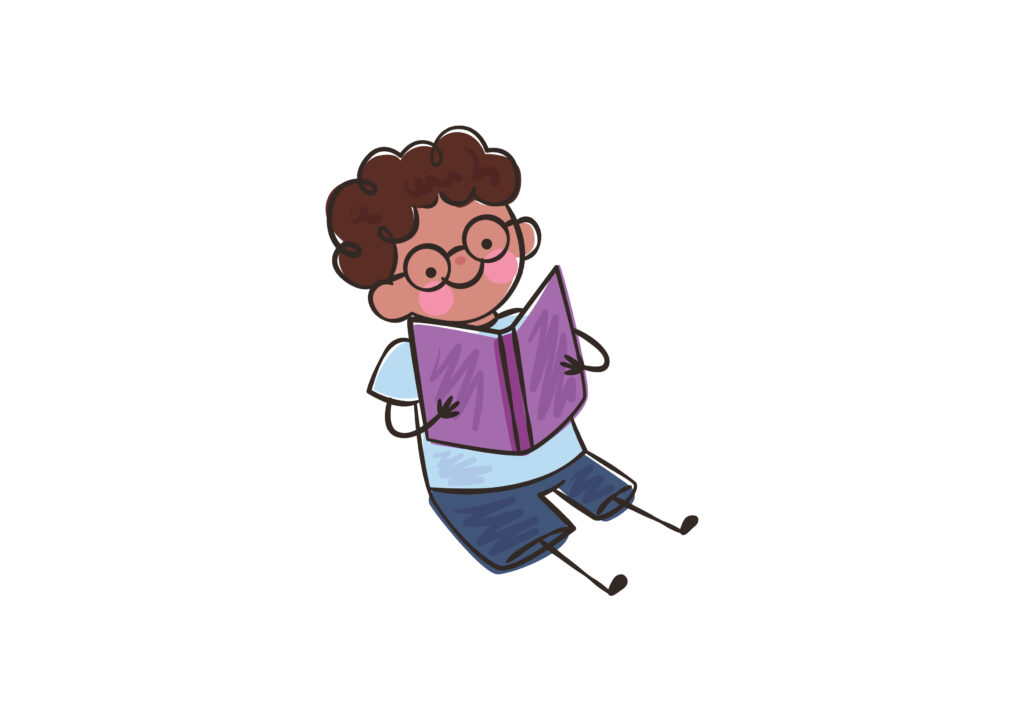

Through my PhD I have gained a plethora of research skills for public health research. I have had the opportunity to disseminate my research through articles in peer-reviewed journals, research briefings and blogs, present at seminars and conferences locally and internationally, and have gained an extensive network of academics and practice partners. I have also had the opportunity to supervise research projects and be involved with larger research projects funded by the NIHR SPHR. This enabled me to advance my mentorship skills, and work on large scale projects with multidisciplinary researchers across multiple institutions.
Discover more
Our Department of Sport and Exercise Sciences is a welcoming, collegiate, and vibrant community. When you join the department, you’ll receive a cutting-edge curriculum delivered by world-leading academics.
We are ranked in the top 100 in the QS World University Rankings by Subject 2022. We are an outstanding place for excellence in teaching and research, and our students are highly employable.
Feeling inspired? Visit our Sport and Exercise Sciences webpages to learn more about studying with us.
